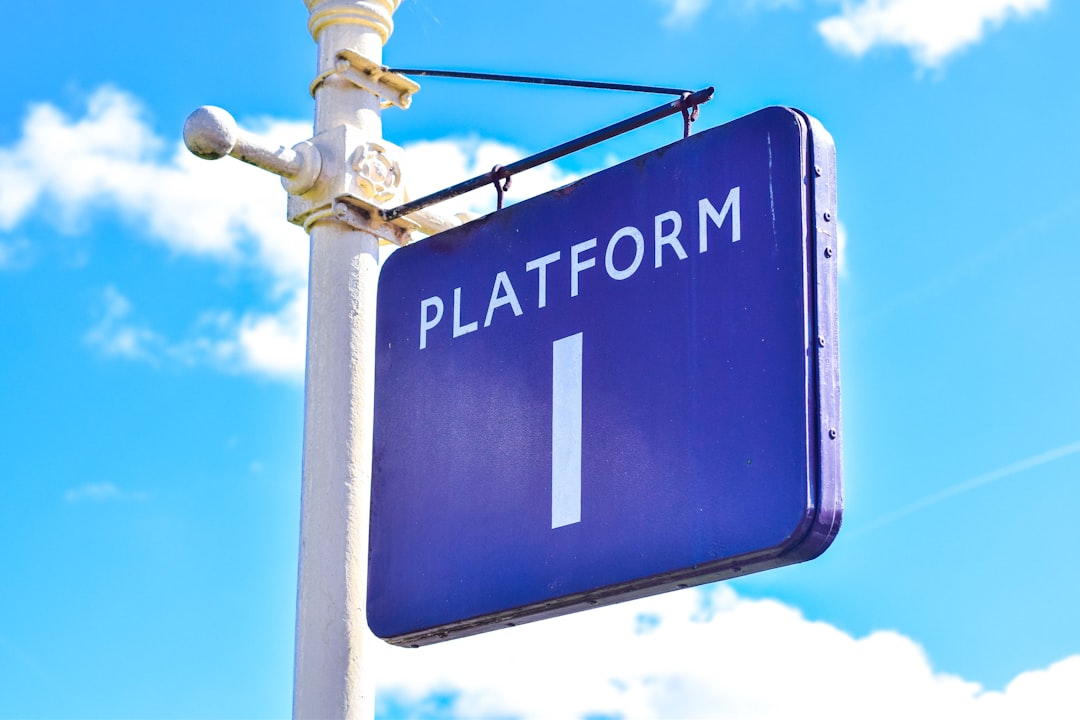In the competitive world of B2B ecommerce, relying solely on traditional outbound sales strategies is no longer enough. The shift toward digital transformation has forced companies to rethink how they connect with potential clients and nurture existing relationships. One of the most effective avenues available today is digital marketing—a set of online tactics that drive engagement, generate leads, and ultimately increase revenue. But in a sea of options, which digital marketing channels are most effective for B2B ecommerce brands?
To help you navigate this complex landscape, we’ve compiled a guide to the top digital marketing channels every B2B ecommerce brand should leverage. These platforms and strategies can be game-changers when used strategically and consistently.
1. Search Engine Optimization (SEO)
SEO is the cornerstone of digital visibility. B2B buyers tend to conduct extensive research before reaching out to a supplier or making a purchase decision. Ensuring that your company’s website shows up organically in search engine results can represent the first point of contact between your brand and a potential customer.
Key components of a successful SEO strategy include:
- Keyword research tailored to B2B search intent
- Creating high-quality, informative content
- Optimizing technical aspects such as site speed and mobile friendliness
- Generating backlinks from reputable, relevant sources
Consistent and strategic SEO efforts can help establish your brand as a trusted industry resource and drive high-quality traffic over the long term.
2. Content Marketing
B2B ecommerce is often built around complex products or services that require explanation, comparison, and trust-building. That’s where content marketing shines. By creating valuable, educational, and industry-specific content, businesses can position themselves as thought leaders and capture attention from potential buyers at every stage of the sales funnel.
Effective content formats include:
- Blog posts and articles
- Whitepapers and case studies
- Video tutorials and demonstrations
- Infographics and industry reports
Not only does content marketing support your SEO efforts, but it also helps nurture leads and reinforce your brand message across different touchpoints.

3. Email Marketing
Email may be one of the most traditional digital channels, but it remains one of the most effective—especially for B2B ecommerce. With a well-segmented email list and personalized messaging, companies can engage prospects, convert leads, and build ongoing relationships with customers.
Best practices in B2B email marketing include:
- Segmenting lists based on industry, interest, or customer status
- Crafting personalized and relevant messages
- Automating drip campaigns for lead nurturing
- Using strong calls-to-action and performance tracking
Remember, B2B buyers are typically looking for value and insights. Emails that offer industry analysis, expert tips, or exclusive resources are more likely to be opened and acted upon.
4. LinkedIn Marketing
LinkedIn has emerged as arguably the most effective social media platform for B2B marketing. With access to millions of professionals across various industries, it provides a direct line to decision-makers, influencers, and potential collaborators.
Ways to leverage LinkedIn for B2B ecommerce include:
- Creating a strong company page with updated content
- Publishing thought leadership articles
- Engaging with industry-specific groups
- Launching targeted ad campaigns based on job title, company size, or seniority
LinkedIn also allows for one-on-one outreach and connection-building, making it a potent platform for nurturing leads at different stages of the sales cycle.
5. Pay-Per-Click Advertising (PPC)
SEO and content marketing are long-term investments. But for immediate visibility, PPC advertising on platforms like Google Ads or LinkedIn can be incredibly effective. With well-targeted campaigns, B2B ecommerce brands can appear at the top of search results or in front of niche audiences instantly, driving traffic and conversions.
Common types of PPC campaigns include:
- Search ads triggered by keywords
- Display ads on relevant industry sites
- Remarketing ads to re-engage past visitors
- LinkedIn sponsored content or InMail messages

Though it can be costly if mismanaged, a well-executed PPC strategy provides clear ROI through targeted customer acquisition and measurable KPIs.
6. Webinars and Virtual Events
B2B buying decisions often involve multiple stakeholders and lengthy evaluation periods. Hosting webinars and virtual events can position your brand as a trusted advisor, offering value before a sale even takes place. These online gatherings deliver real-time interaction and knowledge-sharing opportunities that are difficult to replicate through other digital channels.
Benefits of hosting webinars include:
- Educating prospects on your products/services
- Addressing industry pain points and trends
- Building thought leadership
- Capturing qualified leads through attendee registration
Don’t forget to follow up with attendees and use the recorded content in future campaigns or as gated assets for lead generation.
7. Marketing Automation Platforms
Using multiple marketing channels can quickly become overwhelming. That’s where marketing automation platforms come in. These tools help you efficiently manage campaigns across email, social media, websites, and more—all while providing robust analytics to measure performance and ROI.
Popular marketing automation tools include:
- HubSpot
- Marketo
- ActiveCampaign
- Salesforce Pardot
Automation enables advanced lead nurturing with behavior-based triggers, dynamic content, and sales integration. It ensures no prospect falls through the cracks during the sales journey.

8. Influencer and Partner Marketing
Though more common in B2C, influencer marketing in the B2B space—especially with industry experts and key opinion leaders—is growing. Partnering with trusted voices within your industry can dramatically increase credibility and reach.
Tactics may include:
- Guest blog posts or co-branded content
- Industry podcast interviews
- Joint webinars or product endorsements
- Partnering with reseller or referral networks
These third-party endorsements build trust faster than branded messages and can help your brand reach new, highly targeted audiences.
9. Retargeting and Account-Based Marketing (ABM)
Finally, one of the most powerful approaches in B2B ecommerce today is Account-Based Marketing (ABM), which involves targeting high-value accounts with personalized campaigns. Combined with retargeting strategies, ABM can precisely hone in on companies that are most likely to convert.
Strategies include:
- Retargeting ads that follow visitors across the web
- Customized landing pages for specific accounts
- Personalized email sequences
- One-on-one sales outreach supported by digital content
ABM yields higher close rates and ROI compared to broad marketing strategies, especially for B2B organizations with long sales cycles and high-ticket solutions.
Final Thoughts
The world of B2B ecommerce is continuously evolving, and businesses must stay agile to adapt to the ever-changing digital landscape. Leveraging the right mix of digital marketing channels—from SEO and content marketing to LinkedIn and ABM—can dramatically improve outreach, lead generation, and conversions.
The key to success lies in:
- Understanding your target audience
- Consistently producing valuable content
- Using data to refine and optimize strategy
By embracing a multi-channel digital marketing approach, B2B ecommerce brands can build powerful connections that drive long-term growth and differentiation in the marketplace.